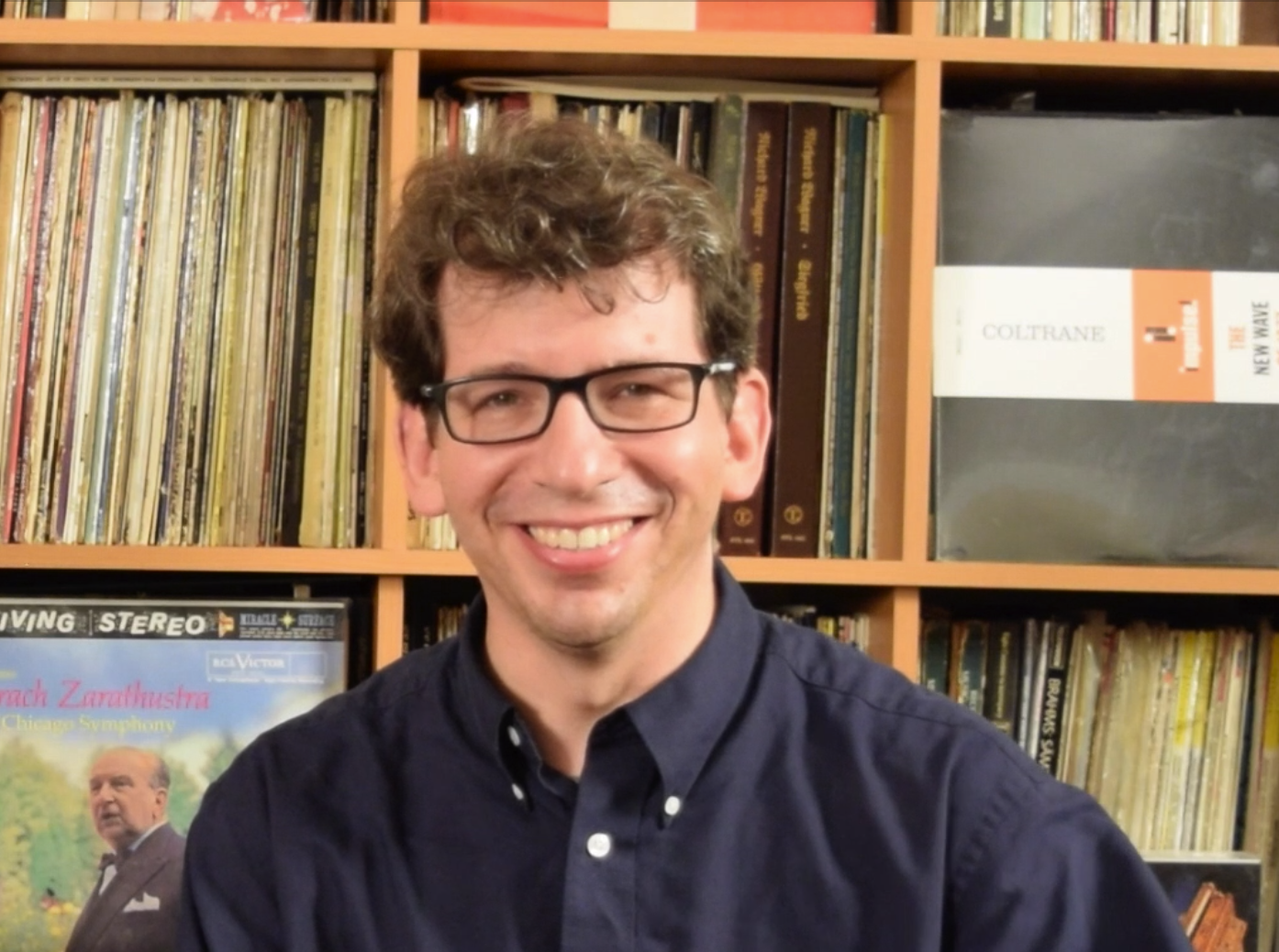
Jeffrey W. Cupchik, Ph.D. |
About
Jeffrey W. Cupchik Ph.D., M.A., B.Mus. I am a medical ethnomusicologist specializing in Buddhist studies, music and wellbeing, ritual, anthropology of religion, and mega-concerts. I spend time creatively as an author, musician, music curator, composer, improviser, and songwriter.
My new book, The Sound of Vultures' Wings: The Tibetan Buddhist Chöd Ritual Practice of the Female Buddha Machik Labdrön, was just released with State University of New York (SUNY) Press and is now available in print and online (Google Play, Amazon). I am very grateful that the Foreword is penned by my teacher of the Lamrim "Stages of the Path" and the Buddhist Chöd Ritual, Gen Pencho Rabgey, M.S.C., who was trained formally in Buddhist Philosophy and debate at Sera Mey Monastic University.
This book maps the performative architecture and sonic iconography in Tibetan Buddhist Chod ritual musical-meditative practices, revealing the enactive symbolism that can guide the practitioner to psychophysical transformation.
The Sound of Vultures' Wings is designed as a guide for Buddhist scholars, researchers, and practitioners delving into deeper understandings of the layers of meaning that are embedded in Buddhist ritual music meditation practices, where sound and mind are deeply connected.
Radio Podcast:
Good karma? Taylor Swift and popular Buddhism in pop music
Listen to this radio podcast Soul Search (on Australia's Broadcasting Corporation) where Dr. Meredith Lake asks me about Taylor Swift's Grammy award winning song "Karma." We go over the history of how music and spirituality have held meaning for Western and global audiences for decades, especially since the sound of the Indian classical sitar instrument was popularized as "raga-rock" on songs by George Harrison and The Beatles, the Rolling Stones, and other artists during the Sixties counterculture movement, and how then that crossfades with Tibetan monk chant in the 70s and 80s.
The Podcast closes by recalling that Buddhist sages say how karma and personal responsbility are tied together. The world learned about the global effects of the performing arts on the peace movement from Yoko Ono's Zen Buddhist sensibilities, her songs and performance campaigns that she and her husband, John Lennon, collaborated on.
"Every moment is pregnant with the possibility for creative decision-making about how we want to be in the world. We can shift our emotions (if we want to). That's what the neuroscience is telling us. Music Science and Mind Science are coming together now. We can articulate emotion in a song that will make people think about who they are, and how they want to be - and that's the power of music! Popular musicians are even better at creating a dance around it, what Taylor Swift is doing with the Eras Tour. So there's a lot of creativity that can go into making us think about how we want to be. It's really a choice! I think that's what is so exciting about music: no other art form can shift our emotions as quickly and effectively as music."
Bio: Currently, Associate Member, Graduate Program in Music, and Sessional Faculty Professor in the Department of Music within the School of the Arts, Media, Performance & Design at York University. He is an alumnus of the University of Toronto Faculty of Music (Theory and Composition) program, and an active composer and improviser.
An innovator in the exciting field of Music, Health and Wellbeing studies, he teaches heathcare practitioners, artists, and business students the science and creativity underlying the power of music. He explores the various life-affirming effects of music on personal wellbeing and social meaning in his undergraduate online summer course "Music for Health and Wellness" based at York University.
Having studied closely with Buddhist masters for over 25 years, he contributes a unique perspective to cultivating wellbeing through music and meditation in daily life. His peer-reviewed articles have been published in leading journals including Yale Journal of Music & Religion, Asian Music, and Popular Music History.
Dr. Jeff Cupchik is Associate Member, Graduate Program in Music at York University. Formerly a Visiting Assistant Professor of Ethnomusicology at the Eastman School of Music, University of Rochester (New York), he has designed and taught courses on music and health, anthropology and ethnomusicology research methods and ethics at two Buddhist Universities in India as well as at the Michener Institute for Applied Health Sciences, St. John Fisher College (New York).
For a full Bio, please see the Home page.